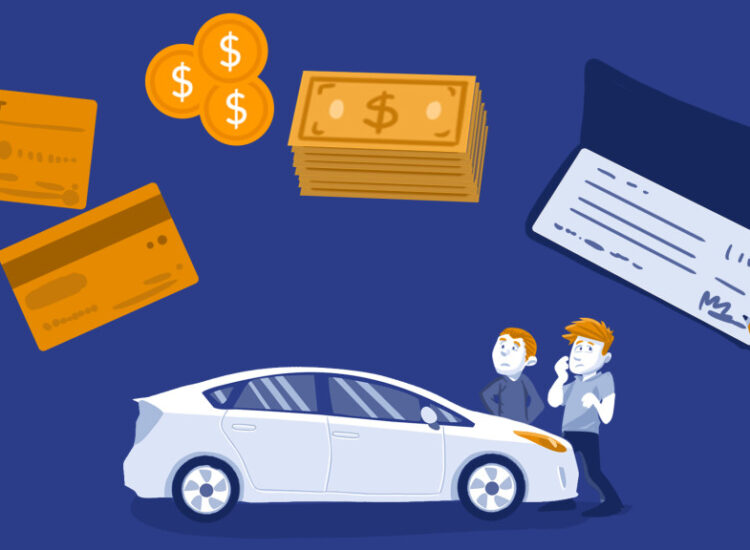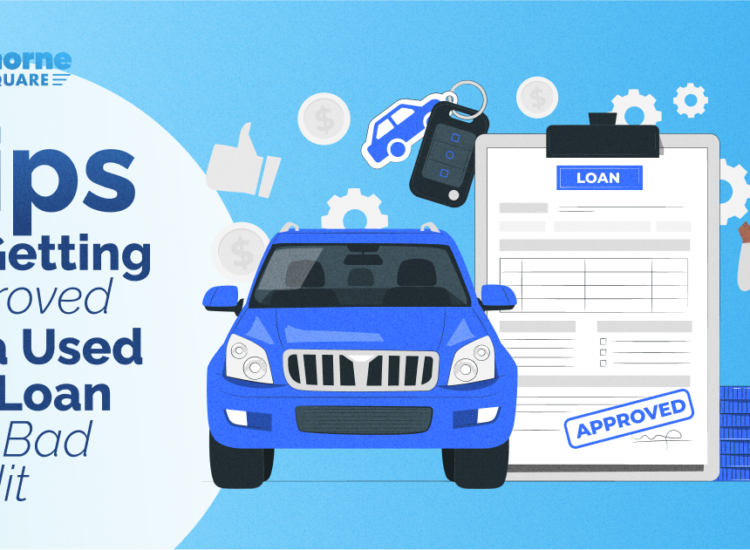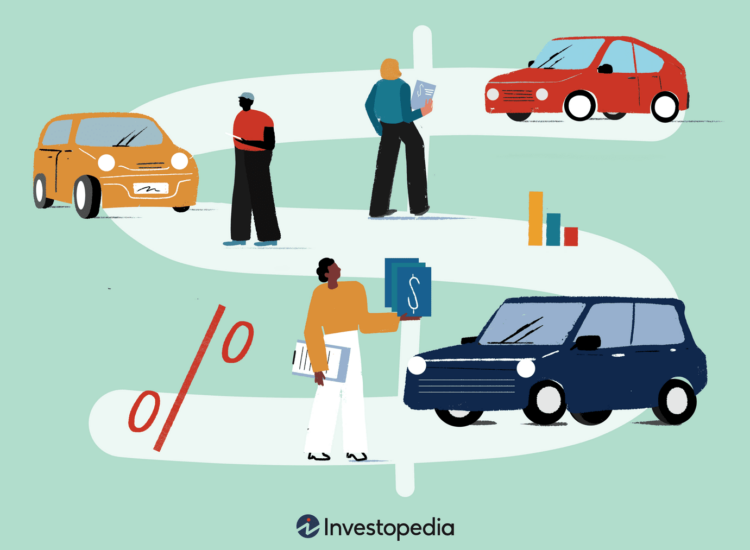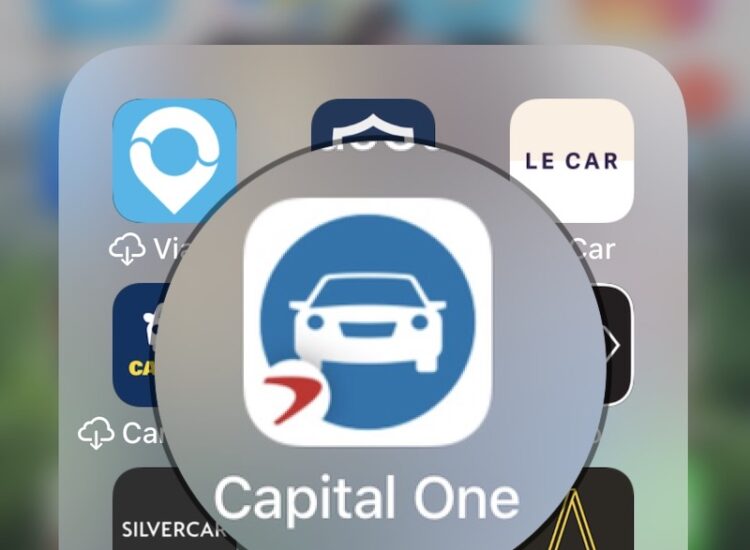For most individuals and families, acquiring a personal vehicle represents a significant investment and a crucial step towards greater mobility, independence, and convenience. Whether it’s a car for daily commuting, an SUV for family trips, or a truck for work or recreation, vehicles play an essential role in modern life. However, the upfront cost of purchasing a vehicle outright is often beyond immediate financial reach. This is where the auto loan becomes a fundamental tool, serving as the primary means by which millions of people worldwide finance their vehicle purchases. An auto loan, commonly referred to as a car loan or vehicle loan, is a secured loan specifically designed to help individuals and businesses acquire a motor vehicle. It provides the necessary capital to cover the purchase price, which is then repaid to the lender over a set period, along with interest. Understanding the nature of an auto loan, how it works, and the various aspects involved in obtaining and managing one is essential for anyone embarking on the journey of vehicle ownership. This comprehensive guide will delve into the core concepts of an auto loan, explaining its purpose, detailing the process of get an auto loan, discussing the factors that influence your terms like the auto loan interest rate and loan term, and exploring the different types of auto loans available, providing crucial information for making informed decisions about your car financing.
Toc
Understanding the Auto Loan: A Key to Vehicle Ownership

An auto loan is more than just a way to borrow money; it’s a structured financial agreement that enables the transfer of vehicle ownership while allowing the borrower to manage the cost over time. Grasping the fundamental definition and mechanism of an auto loan is the starting point for understanding vehicle financing.
What is an Auto Loan? Defining Vehicle Financing
An auto loan is a type of installment loan where a lender (such as a bank, credit union, or finance company) provides a borrower with a lump sum of money specifically for the purchase of a motor vehicle. In exchange for receiving the funds, the borrower agrees to repay the principal amount borrowed, plus interest, in regular installments (typically monthly) over a predefined period, known as the loan term. The key characteristic of most auto loans is that they are secured loans, meaning the purchased vehicle itself serves as collateral for the loan. This means that if the borrower fails to make payments as agreed, the lender has 1 the legal right to repossess the vehicle to recoup 2 their loss.
The principal amount of the auto loan is typically the purchase price of the vehicle minus any down payment made by the borrower and any value from a trade-in vehicle. The interest is the cost of borrowing the principal amount, calculated as a percentage of the outstanding balance over the loan term, expressed as an auto loan interest rate or APR (Annual Percentage Rate), which includes certain fees in addition to the nominal interest rate. The total amount repaid over the loan term includes both the principal and the accumulated interest. An auto loan is a fundamental tool in car financing, making vehicle ownership accessible by spreading the cost over several years, breaking down a large expense into manageable monthly payment amounts. It is the most common way individuals get an auto loan to acquire a vehicle loan.
How Does an Auto Loan Work? The Basics of Borrowing for a Car
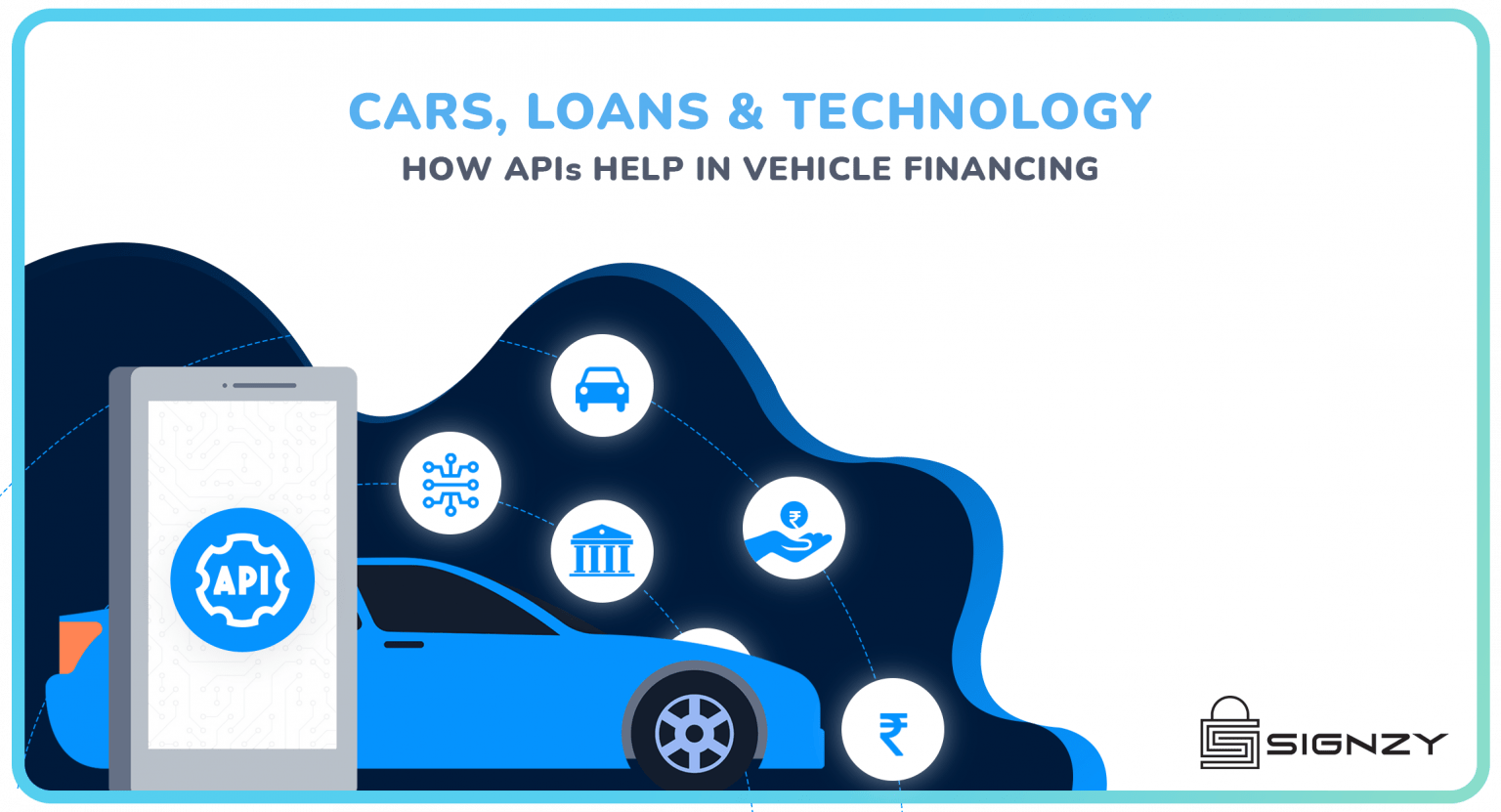
The mechanism of an auto loan is based on the principle of amortization, where each monthly payment is applied partly towards reducing the principal balance and partly towards paying the accrued interest. In the early stages of the loan term, a larger portion of each monthly payment goes towards interest. As the loan matures, a greater portion of each payment is directed towards the principal balance, gradually reducing the amount owed.
Here’s a basic breakdown of how an auto loan works:
- Borrowing the Principal: The lender provides the agreed-upon loan amount (principal) to cover the vehicle’s purchase price, less any down payment or trade-in.
- Accruing Interest: Interest accrues on the outstanding principal balance over time, based on the agreed-upon auto loan interest rate.
- Making Monthly Payments: The borrower makes regular, usually monthly, payments to the lender. Each payment includes both a principal component and an interest component.
- Amortization: The allocation of each monthly payment between principal and interest changes over the loan term according to an amortization schedule. More goes to interest initially, then progressively more goes to principal.
- Reducing Principal: As the principal balance is reduced with each payment, the amount of interest accrued in subsequent periods decreases.
- Loan Payoff: By the end of the loan term, if all scheduled payments are made on time and in full, the principal balance is reduced to zero, and the loan is considered paid off. The lender then releases their lien on the vehicle title.
Understanding this amortization process is key to grasping how an auto loan functions over its loan term. Tools like an auto loan calculator can illustrate this process, showing how your monthly payment breaks down and the total interest paid over the life of the loan. It is the core mechanic behind most car financing.
Why Get an Auto Loan? Accessing Vehicles and Managing Your Budget

The primary reason individuals and businesses choose to get an auto loan is to acquire a vehicle they need or desire without having to pay the full purchase price upfront. For most people, coming up with the tens of thousands of dollars needed to buy a car outright is simply not feasible. An auto loan makes vehicle ownership accessible by breaking down the large cost into smaller, more manageable monthly payments spread over a defined loan term.
1. https://sanduocpham.com.vn/mmoga-exploring-vehicle-financing-getting-an-auto-loan-with-capital-one/
5. https://sanduocpham.com.vn/mmoga-understanding-the-percentage-what-are-auto-loan-percentage-rates/
Beyond immediate affordability, opting for an auto loan can offer other benefits:
- Access to Needed Transportation: It allows individuals to obtain a vehicle for work, family, or daily necessities when they don’t have the immediate cash.
- Ability to Purchase Desired Vehicle: It enables buyers to purchase the specific car they want or need (e.g., a reliable vehicle for long commutes, a larger vehicle for a growing family) rather than being limited to only what they can afford to pay in cash.
- Opportunity to Build Credit History: Making timely monthly payments on an auto loan can help borrowers build or improve their credit score, which is important for future financial endeavors like getting a mortgage or other loans.
- Keeping Savings Liquid: Instead of depleting savings to buy a car outright, an auto loan allows individuals to keep their cash reserves available for emergencies or other investments.
While taking on debt requires responsibility, for many, the benefits of securing an auto loan outweigh the cost of interest, making vehicle ownership a practical and achievable goal. It is the most common method of car financing. Learning how to apply for auto loans effectively can maximize these benefits.
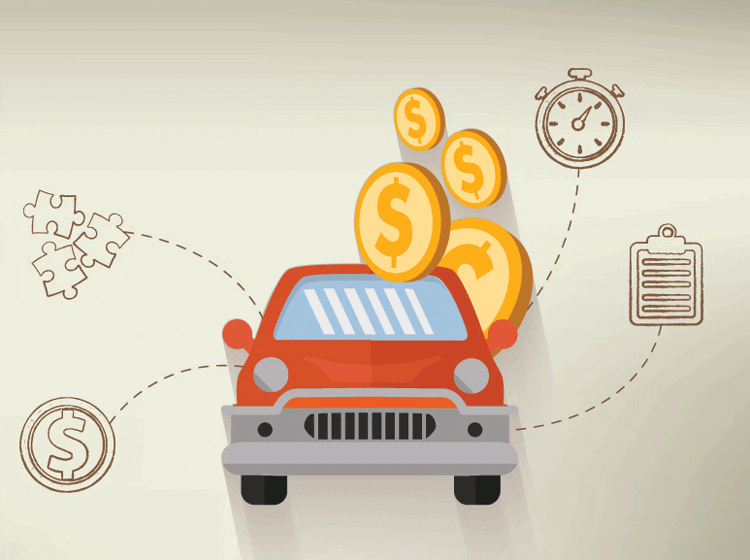
Getting an auto loan involves a structured auto loan process that includes preparing, applying, getting approved, and managing the loan after funding. Understanding each step helps borrowers navigate the system efficiently and secure favorable terms.
Getting Started: How to Apply for Auto Loan Financing
The auto loan process typically begins with preparation and the application phase. Knowing how to effectively apply for auto loan financing is key to getting approved and securing competitive terms.
- Assess Your Needs and Budget: Before applying, determine how much you can comfortably afford for a monthly payment and what the total cost of the vehicle should be within your budget. Consider all costs of ownership, including insurance, maintenance, fuel, and registration, in addition to the monthly payment. Use an auto loan calculator to explore different loan amounts, interest rates, and loan terms to see how they impact your potential monthly payment.
- Check Your Credit Score: Your credit score is a primary factor lenders use to determine your eligibility and the auto loan interest rate you’ll be offered. Get a copy of your credit report and score before applying. A higher credit score generally qualifies you for better car loan rates.
- Shop Around for Lenders: Don’t rely on just one lender. Explore options from various sources, including banks, credit unions, online lenders, and potentially dealership financing. Compare the car loan rates and terms they offer for the type of vehicle you are considering.
- Consider Pre-Qualification or Pre-Approval: Many lenders offer pre-qualification (a soft credit pull that estimates terms) or pre-approval (a more formal assessment involving a hard credit pull that provides conditional approval). Getting pre-approved allows you to know your financing terms before heading to the dealership, strengthening your negotiating position. Knowing your pre-approved loan amount, auto loan interest rate, and loan term helps you shop with confidence.
- Complete the Formal Application: Once you’ve chosen a lender and potentially a vehicle, you will complete the full auto loan application. This requires providing detailed personal, financial, and employment information.
Knowing these steps when you apply for auto loan financing empowers you to approach the process strategically, increasing your chances of securing favorable car financing.
Key Factors That Determine Your Auto Loan Interest Rate and Terms
The specific terms you receive on your auto loan, particularly the auto loan interest rate and the approved loan amount, are primarily determined by the lender’s assessment of your creditworthiness and the details of the loan itself.
- Credit Score and History: This is the most significant factor influencing your auto loan interest rate. A higher credit score (excellent credit) indicates a lower risk to the lender, resulting in the lowest available car loan rates. A lower credit score will typically lead to higher interest rates. Your credit history, including payment history, amount of debt owed, length of credit history, and types of credit used, also plays a crucial role.
- Loan Amount: The size of the auto loan can sometimes influence the interest rate, although this is less impactful than credit score.
- Loan Term: The length of the repayment period (loan term) affects the interest rate. While longer loan terms result in a lower monthly payment, they often come with slightly higher auto loan interest rates because the lender is taking on risk for a longer duration.
- Down Payment: Making a larger down payment reduces the amount you need to borrow, which lowers the lender’s risk and can sometimes help you qualify for a better auto loan interest rate.
- Vehicle Type (New vs. Used) and Age: Loans for new cars typically have lower car loan rates than loans for used cars, as new cars are generally considered less risky. The age and mileage of a used vehicle also impact the rate.
- Market Conditions: Prevailing interest rates in the broader economy influence the rates offered on all types of loans, including auto loans.
- Lender Type: Different types of lenders (banks, credit unions, online lenders) may have varying pricing structures and eligibility requirements, leading to different car loan rates.
Understanding these key factors is vital when seeking car financing and assessing the auto loan interest rate you are offered by lenders. It allows you to anticipate potential terms and work towards improving factors within your control (like your credit score).
Understanding Your Auto Loan: Loan Term, Monthly Payment, and Down Payment
Several key financial terms define the structure and cost of your auto loan. Understanding these terms is essential for budgeting and managing your loan effectively.
- Loan Term: The loan term is the length of time over which you agree to repay the auto loan, usually expressed in months (e.g., 36, 48, 60, 72, or 84 months). The loan term has a direct impact on your monthly payment and the total interest paid. A longer loan term results in a lower monthly payment, making the car seem more affordable in the short term. However, you pay interest for a longer period, significantly increasing the total interest paid over the life of the loan. A shorter loan term results in a higher monthly payment but significantly less total interest paid. Choosing the right loan term involves balancing monthly affordability with the total cost of the loan.
- Monthly Payment: The monthly payment is the amount of principal and interest you are required to pay to the lender each month for the duration of the loan term. This is the most visible cost of your auto loan and a primary factor in budgeting. Your monthly payment is determined by the loan principal amount, the auto loan interest rate, and the loan term. An auto loan calculator is an excellent tool for estimating your monthly payment based on these variables.
- Down Payment: The down payment is the amount of money you pay upfront towards the purchase price of the vehicle. The down payment reduces the amount you need to borrow, which directly lowers your monthly payment and the total interest paid over the loan term. Making a larger down payment is generally advisable as it reduces your loan amount, potentially helps you qualify for better car loan rates, and creates equity in the vehicle from the start.
Understanding these terms and how they interact is fundamental to managing your auto loan effectively and using tools like an auto loan calculator to plan your car financing.
Types of Auto Loans and Strategies for Smart Car Financing
The world of auto loans offers different options depending on the type of vehicle purchased and whether you are seeking new financing or looking to improve terms on an existing loan. Knowing the different types of auto loans and employing smart strategies can lead to more favorable car financing.
Different Types of Auto Loans: New, Used, and Auto Loan Refinance
The most common types of auto loans cater to different stages of vehicle ownership and purchase scenarios.
1. https://sanduocpham.com.vn/mmoga-understanding-the-percentage-what-are-auto-loan-percentage-rates/
3. https://sanduocpham.com.vn/mmoga-exploring-vehicle-financing-getting-an-auto-loan-with-capital-one/
5. https://sanduocpham.com.vn/mmoga-exploring-the-auto-loan-credit-union-advantage/
- New Car Loans: These loans are specifically for purchasing brand-new vehicles directly from dealerships. They typically offer the most competitive auto loan interest rates and longest available loan terms due to the lower risk associated with financing a new, depreciating asset. A “new car loan” is a very common type of car financing.
- Used Car Loans: These loans are for purchasing pre-owned vehicles, usually from dealerships, but sometimes from private sellers (though financing private sales can be more challenging). Car loan rates for used cars are often slightly higher than for new cars, and the available loan terms might be shorter, reflecting the higher risk associated with older vehicles and potential unknown maintenance issues.
- Auto Loan Refinance: This is a type of auto loan taken out to pay off an existing car loan. Auto loan refinance is pursued to potentially secure a lower interest rate, reduce the monthly payment by extending the loan term, or shorten the loan term to pay off the loan faster. If your credit score has improved since you got your original loan, or if market car loan rates have dropped, auto loan refinance can be a financially beneficial option for your car financing.
Beyond these primary types of auto loans, financing can also come from different sources (banks, credit unions, online lenders, captive finance companies affiliated with car manufacturers), each potentially offering different car loan rates and terms. Exploring these various sources is a key part of the auto loan process.
Using an Auto Loan Calculator to Plan Your Payments and Costs
An auto loan calculator is an indispensable tool for planning and understanding the financial implications of an auto loan. It allows you to quickly estimate key figures based on potential loan terms.
A standard auto loan calculator typically requires you to input:
- The principal loan amount (vehicle price minus down payment and trade-in).
- The estimated auto loan interest rate (APR).
- The desired loan term (in months).
Based on these inputs, the auto loan calculator computes and displays:
- The estimated monthly payment.
- The total interest you would pay over the entire loan term.
- The total cost of the loan (principal + total interest).
Using an auto loan calculator allows you to:
- Determine a comfortable monthly payment based on different loan amounts or terms.
- See how changes in the auto loan interest rate or loan term impact your monthly payment and the total interest paid.
- Understand the true cost of borrowing beyond just the monthly payment.
- Compare different loan offers by inputting their specific terms.
Utilizing an auto loan calculator throughout the auto loan process is a smart strategy for budgeting, comparing options, and making informed decisions about your car financing.
Comparing Lenders and Securing the Best Car Loan Rates
Successfully get an auto loan with favorable terms often comes down to effectively comparing offers from multiple lenders. Different institutions will offer varying car loan rates and terms based on their own pricing structures and your credit profile.
Strategies for comparing lenders and securing the best car loan rates include:
- Shop Around: Obtain loan offers from a variety of lenders – your current bank, local credit unions, reputable online lenders, and compare them to the financing offered by the dealership. Credit unions often offer competitive car loan rates.
- Get Pre-Approved: Apply for pre-approval with a few lenders before visiting the dealership. This gives you actual car loan rates and terms you qualify for, providing leverage in negotiations.
- Compare APR, Not Just Interest Rate: Look at the Annual Percentage Rate (APR), not just the simple interest rate. The APR includes certain fees, giving a more accurate picture of the true cost of borrowing.
- Use an Auto Loan Calculator: Input the terms from each offer into an auto loan calculator to compare the monthly payment, total interest, and total loan cost side-by-side.
- Negotiate: With a pre-approved loan offer in hand, you can negotiate with the dealership’s finance department to see if they can beat your outside offer.
By diligently comparing lenders and leveraging tools like an auto loan calculator, you significantly increase your chances of securing the most favorable car loan rates and terms for your car financing, ultimately saving you money over the life of your auto loan. This careful approach is key to a successful auto loan process.
In conclusion, an auto loan is a secured vehicle loan that provides the necessary funds to purchase a car, repaid over a loan term with interest, typically in monthly installments. Understanding what is an auto loan, how it works through amortization, and why individuals get an auto loan for affordability and access to vehicles is fundamental to car financing. The auto loan process involves steps to apply for auto loan financing, influenced by factors like credit score, loan term, and down payment that determine the auto loan interest rate and car loan rates. Knowing the different types of auto loans – including new car loan, used car loan, and auto loan refinance – allows borrowers to choose the best path for their needs. Utilizing an auto loan calculator is an essential tool for estimating monthly payments and comparing costs. By diligently comparing lenders and understanding the factors at play, borrowers can navigate the auto loan process effectively, secure the best possible car loan rates, and achieve their goal of vehicle ownership through smart car financing.



